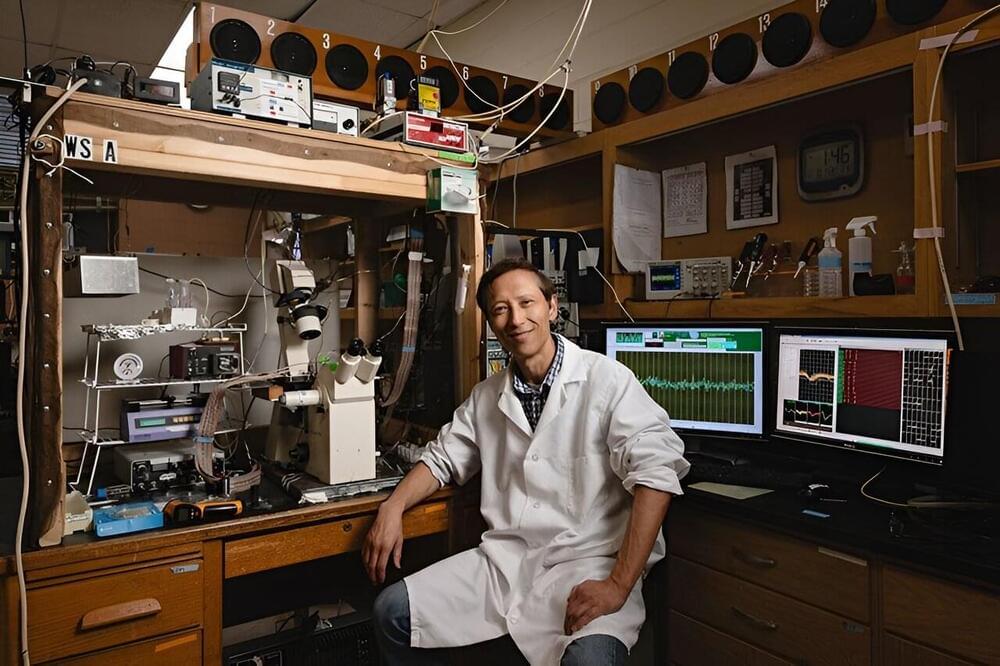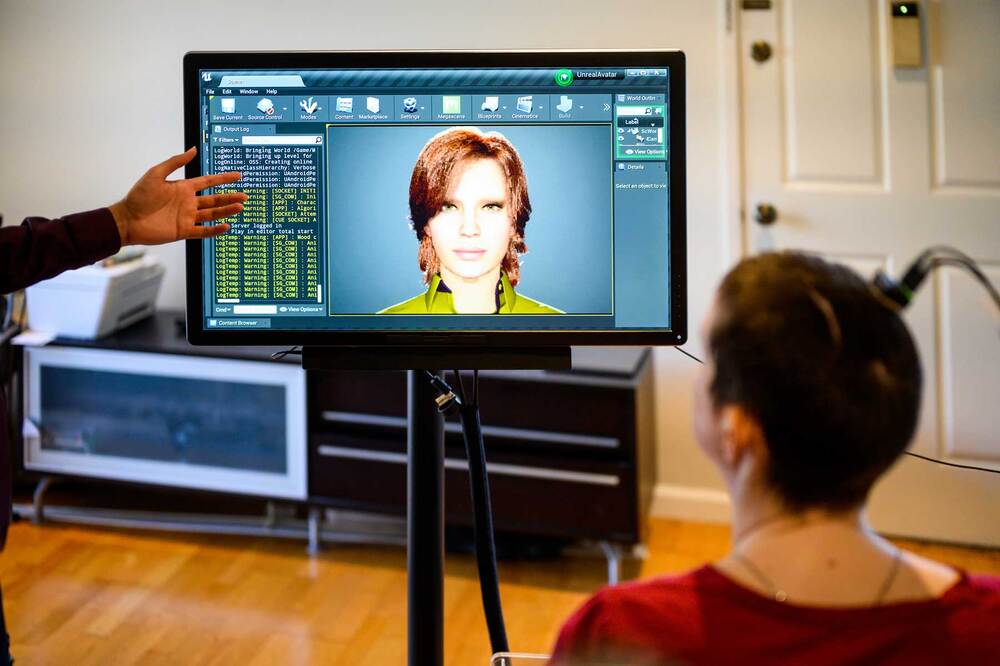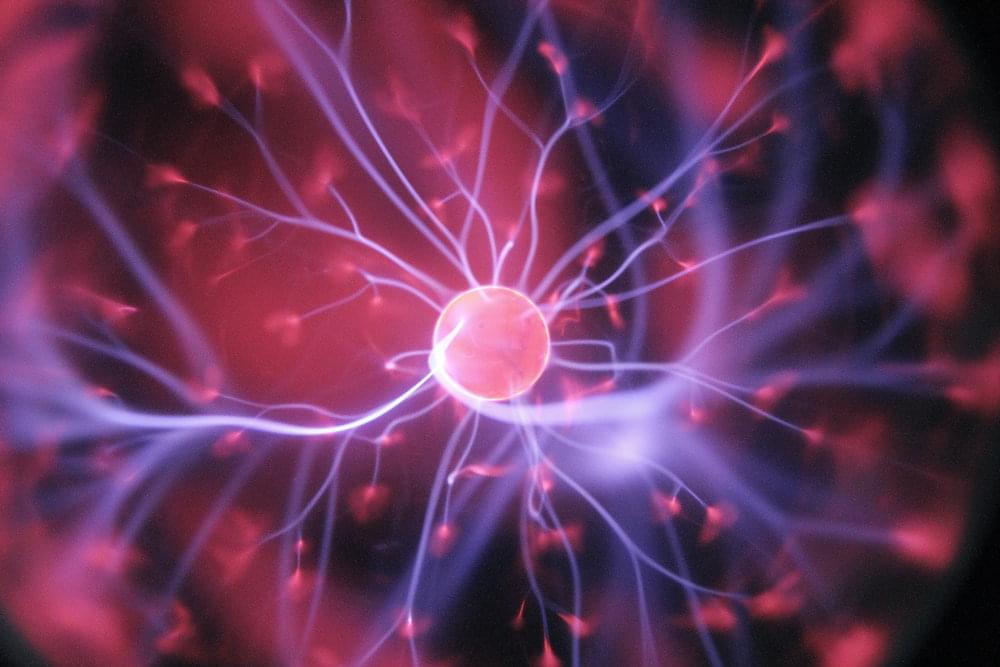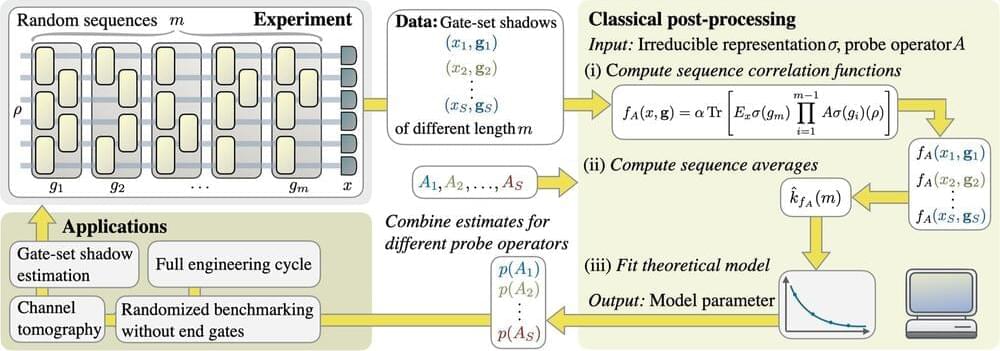Aug 29, 2023
Air pollution from different emission sources is associated with incident dementia
Posted by Shubham Ghosh Roy in categories: food, life extension, neuroscience, policy, sustainability
NIH-funded study suggests reducing exposure to airborne particulates may decrease dementia risk.
Higher rates of new cases of dementia in a population over time — known as incident dementia — are linked to long-term exposure to fine particulate matter (PM2.5) air pollution, especially from agriculture and open fires, according to a study funded by the National Institutes of Health and published in JAMA Internal Medicine. Scientists found that 15% of older adults developed incident dementia during the average follow-up of 10 years.
“As we experience the effects of air pollution from wildfires and other emissions locally and internationally, these findings contribute to the strong evidence needed to best inform health and policy decisions,” said Richard J. Hodes, M.D., director, National Institute on Aging (NIA), part of NIH. “These results are an example of effectively using federally funded research data to help address critical health risks.”


















